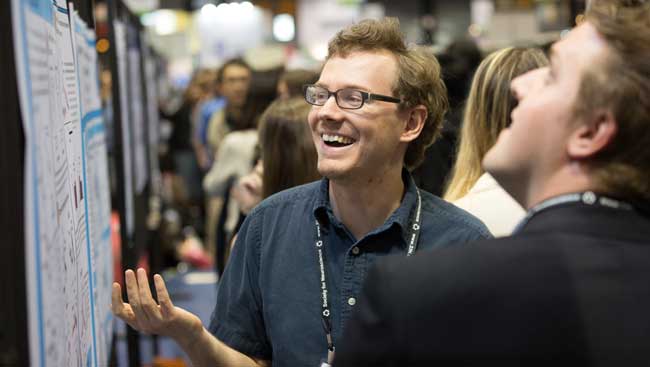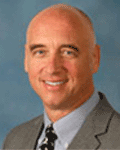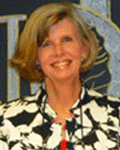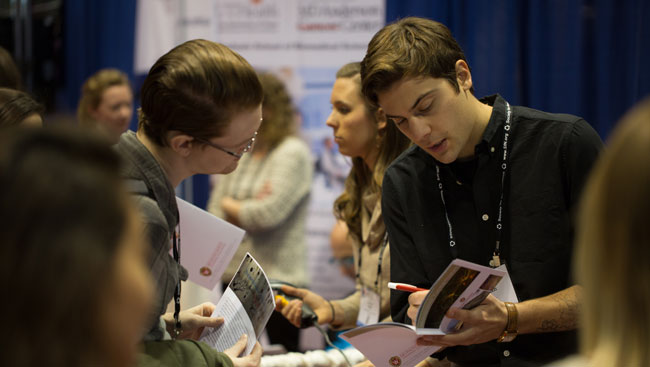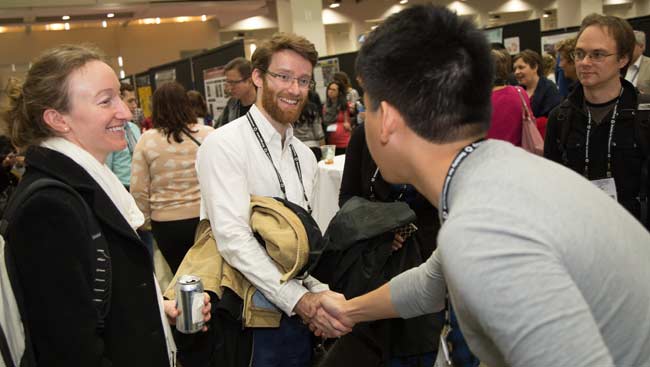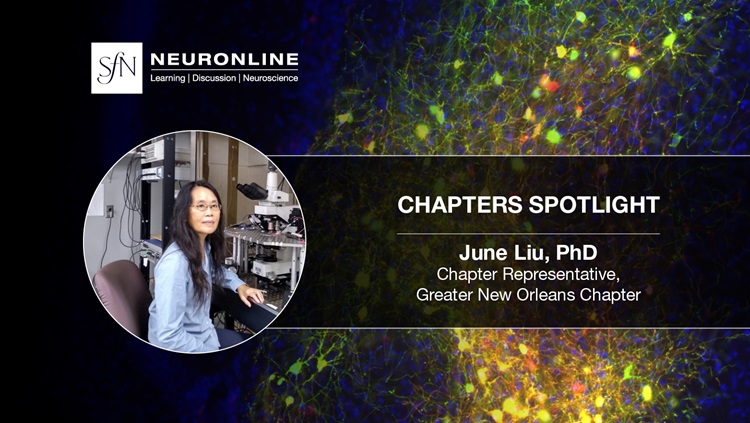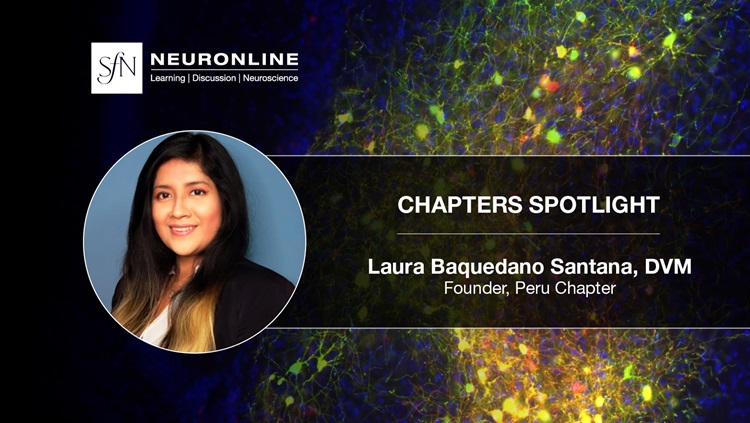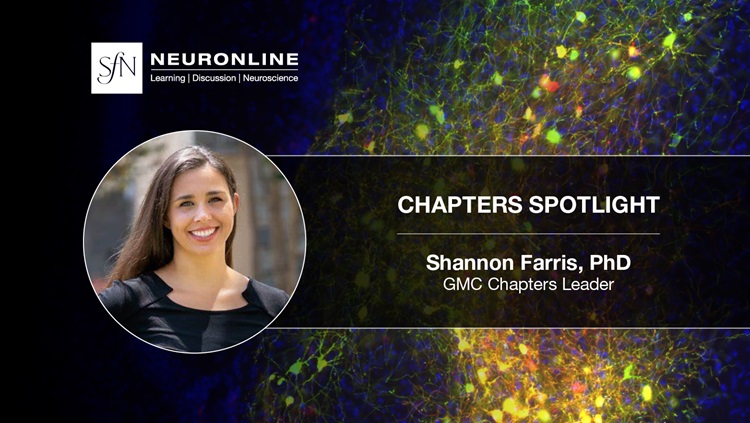The following Q&A features Suzanne Ffolkes, Scott Thompson, and Leslie Tolbert, and is adapted from the webinar, Communicating Your Science to the Non-Expert: An Online Workshop.
How can neuroscientists explain their science concisely and interestingly without omitting nuance? What are some effective engagement strategies?
Suzanne Ffolkes: Think about the core elements of your elevator pitch. The who, what, when, where, and why from journalism are a good way to think about how you provide a simple and compelling answer to the questions you may receive. Also think about ways to paint the picture in terms of what it means from a health and economic impact. Think about what would resonate with them and what statistics or facts would help them to connect the dots of what occurs in your lab and in the clinical application process.
Scott Thompson: Before you have a formal speaking opportunity, really think about your audience. What are their interests likely to be and what are their education levels likely to be? Then tailor the talk specifically to the audience you’re speaking to. If you are speaking to the general public, you’re not going to want to use the same set of slides you would use if you were presenting to a scientific setting.
Leslie Tolbert: Make it human and make it simple. We are human scientists, so it’s important for people to realize we are people just like they are. The other thing is that for any group, there is something they will be interested in. Often it will be the health-related impact that matters, but sometimes not. I think people are really interested in how their brains work. When you start talking, and it becomes clear to them that you are talking about their own brains, and also perhaps illnesses and disorders that the people they love are suffering from, it feels personal very quickly and you can engage their interests. So I find that keeping the language simple but letting the audience you’re talking to drive the direction you go is the most important thing you can do.
Make sure to watch the full webinar, Communicating Your Science to the Non-Expert: An Online Workshop.
How do you get nonscientists interested in your research? How do you approach talking about the details? Offer tips to your colleagues below.
Speakers
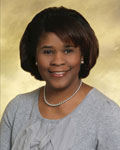
Suzanne Ffolkes, PhD
Suzanne Ffolkes is the vice president of communications of Research!America, the nation's largest nonprofit alliance working to make research for health a higher national priority. As vice president, Suzanne oversees communications strategies to position Research!America as the substantive, go-to resource for members of the alliance, legislators, media, and the public. She has presented at the NIH Executive Leadership Program, American Federation for Medical Research Eastern Regional Meeting, and Association of Anatomy, Cell Biology and Neurobiology Chairpersons/Association of Medical School Neuroscience Department Chairpersons joint annual meeting. She also presented at SfN Capitol Hill Day communications training workshops for patient advocates, caregivers, and other non-scientists. Previously, Suzanne served as director of media advocacy for the American Heart Association and was a journalist for The Associated Press Broadcast News Center and various broadcast and print media outlets around the country, including CNN.
Scott Thompson, PhD
Scott Thompson is the chair of the department of physiology and professor of physiology and psychiatry at University of Maryland School of Medicine. His research focus is primarily on the biological basis of depression. Using realistic animal models of depression, he has formulated a new way of thinking about what's wrong in the depressed brain, enabling his lab to develop a novel class of drugs as rapidly acting antidepressants. He has served in leadership positions at SfN as Program Committee chair and, currently, as Public Education and Communication Committee chair. One of his goals in this capacity is to promote the ability of all SfN members to communicate their science to the general public.
Leslie Tolbert, PhD
As a neuroscience faculty member for more than 30 years, first at Georgetown University and then at the University of Arizona (UA), Leslie P. Tolbert has been active in teaching and research, including generating grant support and writing papers for scientific journals, and also in community outreach, speaking with grade-school students and community groups. Leslie served as UA's vice president for research from 2005 to 2013. In this role, she worked with scholars across the campus and shared the importance of their work with potential funders, legislators, business leaders, and citizens, locally, nationally, and internationally. Leslie twice presented testimony to U.S. House of Representatives Committee on Science and Technology subcommittee.
